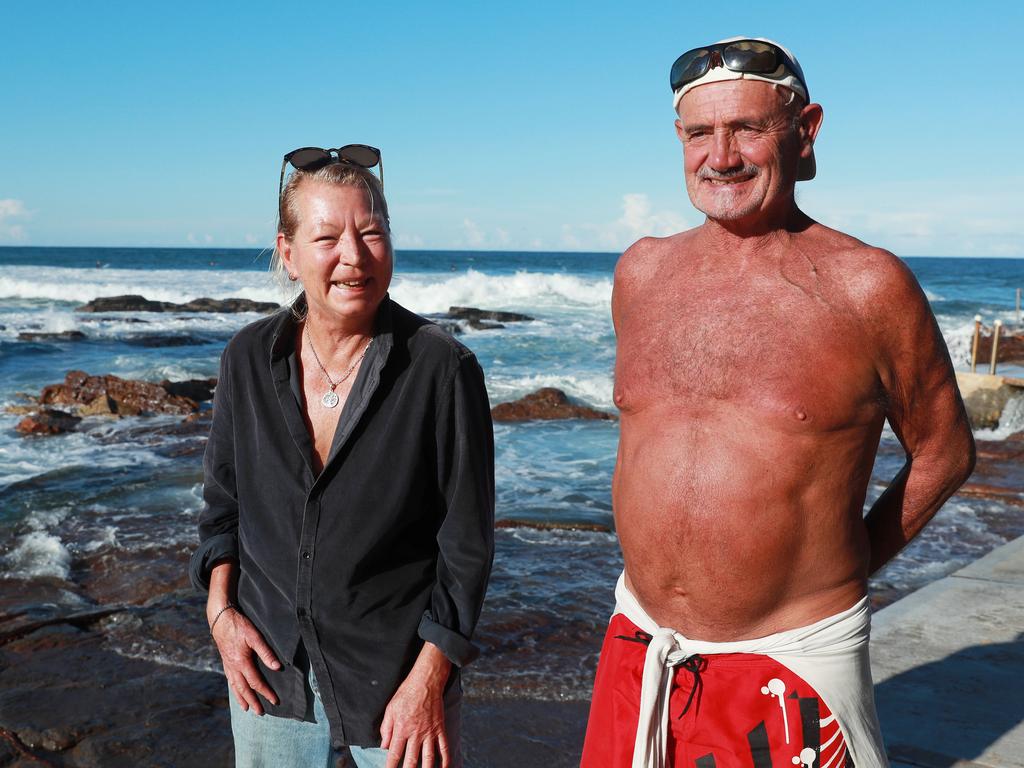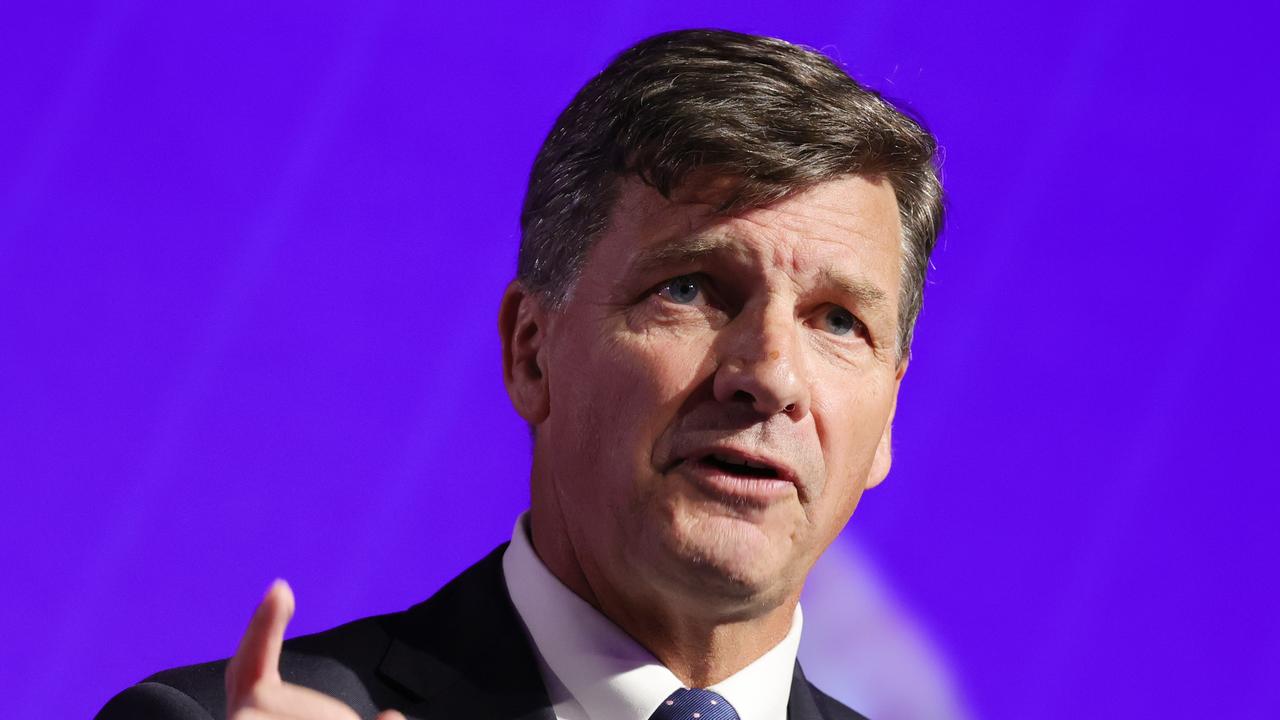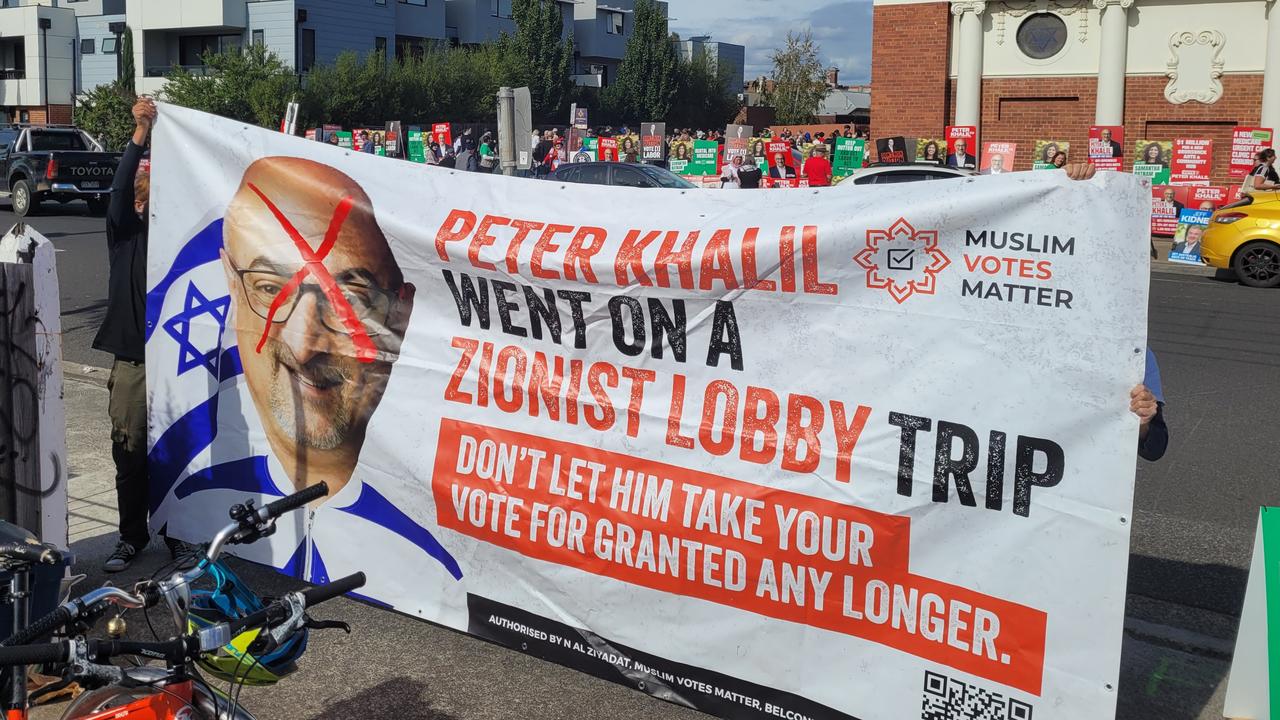Teals ignite gas war with claims of profiteering
Climate 200-backed teal independents maintain calls for higher emissions reduction targets despite the energy crisis.

Climate 200-backed teal independents have maintained calls for higher 2030 emissions reduction targets despite the energy crisis, and called on Anthony Albanese to restrict LNG exports while phasing out coal and gas from the electricity grid as soon as possible.
Independent MPs Zali Steggall, Allegra Spender, Kylea Tink and Zoe Daniel on Thursday attacked gas companies and accused LNG exporters of paying “very little corporate tax” and reaping “huge profits” at the expense of Australian energy users.
The teal independents, who want to accelerate the transition to renewables and urged against new incentives for coal and gas, backed in the ambitious medium-term emissions they took to the May 21 election.
Despite the gas sector contributing almost $500bn a year to the national economy and the crisis being blamed on offline coal-fired power stations, Ms Steggall said Labor should use a super-profits tax to fund household subsidies and make the NEM more efficient.
With coal and gas expected to be included in a draft Energy Security Board capacity mechanism to shore up investment in baseload generation, only West Australian teal Kate Chaney supported freeing up supply of gas and “possibly coal” in the short term. Ms Spender, who supports a 50 per cent 2030 emissions reduction target, said while gas would play a role over the next 10 years, “the direction has to be in renewables”.
Resources Minister Madeleine King said the government will urgently review the Australian Domestic Gas Security Mechanism, a trigger allowing it to force LNG exporters to put more gas into domestic reserves. Ms King said the gas trigger rules, due to expire on January 1, would be improved so the government can “ensure future supplies of gas”.

The ESB’s draft capacity mechanism, to be released in the next fortnight after energy ministers ordered a focus on investment incentives for renewables and storage technologies, is expected to feature coal as a short-term option. Under the mechanism, retailers would purchase energy contracts in advance to lock in supply and investment.
Ms Steggall said increasing the use of gas or coal would “exacerbate and prolong the underlying cause of this energy price crisis while failing to … put in place a solution”. “It would mean rewarding the fossil fuel companies for a problem of their own making, but with greater windfall,” the Warringah MP said.
Ms Daniel said the crisis should “not be used as cover for backsliding to extend the life of coal or gas as energy sources”.
“Nor should fossil fuel producers and suppliers be able to make huge windfall profits as a direct consequence of Vladimir Putin’s … war on Ukraine. If anything, it proves that we must move rapidly to develop and secure renewable energy and storage to protect our communities from the variables of global energy markets,” the Goldstein MP said.
Ms Spender, who said the government should be tougher on gas companies paying “very little corporate tax”, told The Australian that unlike solar, wind and batteries, coal and gas were “vulnerable to price spikes”. “The current energy crisis is a fossil fuel crisis. Renewable energy is the cheapest energy in the country right now,” the Wentworth MP said.
Oil and gas lobby group APPEA hit back at the independents, saying their claims “misrepresent our contribution and don’t reflect the way our tax system works”. Acting APPEA chief executive Damian Dwyer said the oil and gas industry “pays over $5bn a year in payments to all levels of government, totalling more than $150bn since the late 1980s”.
“These payments include PRRT collections, which have delivered over $40bn since its introduction and the latest budget shows these will rise by over $4bn over the next four years,” Mr Dwyer said. “The full scope of our economic contribution is far wider than just payments – employing tens of thousands of workers, delivering energy security to households and businesses and facilitating regional growth.”
Ms Tink, who won the previously safe Liberal seat of North Sydney, said failure to incentivise renewable energy over the past decade had fuelled the energy crisis. “We’ve paid too little attention to our nation’s energy security, letting exporters reap huge profits without protecting our own domestic supply,” Ms Tink said.
Ms Chaney, who claimed the blue-ribbon Perth seat of Curtin, said “the current perfect storm affecting gas prices may need to be addressed by freeing up supply of gas and possibly coal in the short term”. “This should not be used to justify a long-term increase in investment in fossil fuel operations,” she said.
Kooyong MP Monique Ryan blamed the Coalition for failing to plan for renewable energy alternatives and said “it is important to develop short-term solutions to the domestic energy crisis but that is no reason to revise the realistic emissions reduction targets that I support”.
Tasmanian independent Andrew Wilkie called for “immediate and strong federal government intervention”, including pulling the gas trigger.







To join the conversation, please log in. Don't have an account? Register
Join the conversation, you are commenting as Logout